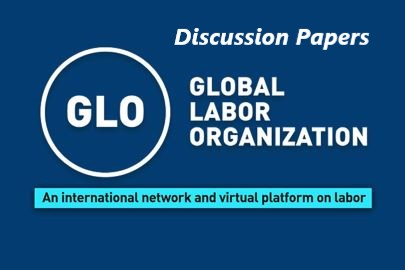A new GLO Discussion Paper studies the brain drain, human capital, and inequality’s institutional impact in a model where a rent-seeking elite taxes residents and voicing affects the likelihood of regime change.
GLO Discussion Paper No. 866, 2021
A Political Economy and Voicing Model of the Institutional Impact of Brain Drain, Human Capital, Inequality and Country Size – Download PDF
by Docquier, Frédéric & Schiff, Maurice
GLO Fellows Frederic Docquier & Maurice Schiff

Author Abstract: Brain drain BD, human capital h, and inequality’s institutional impact is examined in a model where a rent-seeking elite taxes residents and voicing affects the likelihood of regime change. We find that BD and h’s impact on institutional quality (Q) are as follows: i) Q is a U-shaped function of BD, with maximum (minimum) at BD = 0 (0 ) BD1, and is maximized at BD = 0; vi) Q increases in a high (low) BD country under a host country’s immigration promotion (restriction); vii) a high BD country’s institutions improve (worsen) under a large (small) reduction in BD; viii) the latter is particularly relevant for small and micro states where BD and Q are likely to be greater than in large but otherwise similar countries.

GLO Discussion Papers are research and policy papers of the GLO Network which are widely circulated to encourage discussion. Provided in cooperation with EconStor, a service of the ZBW – Leibniz Information Centre for Economics, GLO Discussion Papers are among others listed in RePEc (see IDEAS, EconPapers). Complete list of all GLO DPs – downloadable for free.
The Global Labor Organization (GLO) is an independent, non-partisan and non-governmental organization that functions as an international network and virtual platform to stimulate global research, debate and collaboration.
Ends;

